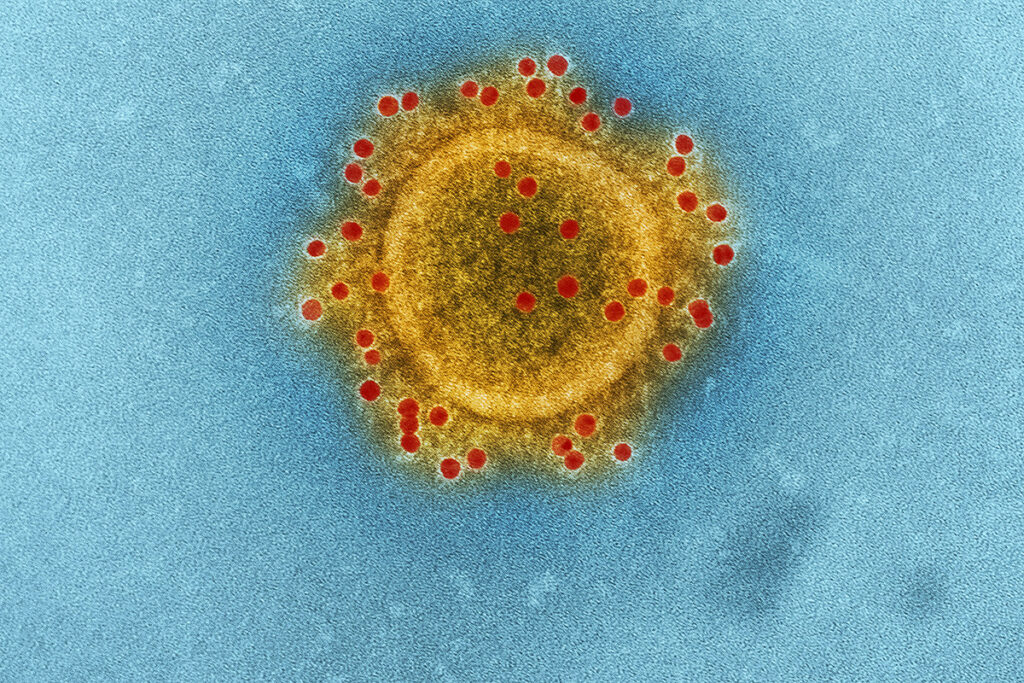The SARS-CoV-2 coronavirus can be asymptomatic, or it can cause COVID-19 disease, which is accompanied by respiratory and other manifestations. Children are less likely to suffer from COVID-19 than adults. When infected with SARS-CoV-2, children are more likely to develop the mild or asymptomatic disease. A possible explanation for this is that when children are exposed to SARS-CoV-2, they receive a lower dose of the virus than adults because their nasal epithelium contains fewer ACE2 receptors, which the virus uses to access cells. Nevertheless, another possible reason is that children’s immune systems are better prepared to eliminate SARS-CoV-2 than adults.
The reaction of children to the virus is different from that of adults. Some children develop symptoms of COVID-19 and develop antibodies specific to SARS-CoV-2, but children never test positive for the virus on a standard PCR test. In a joint Australian-American study, three children from the same family under the age of ten developed antibodies against SARS-CoV-2. Two of the children even had mild symptoms. However, no children tested positive for PCR, even though the children were tested 11 times over 28 days while they were in close contact with parents who had a positive PCR test result.
A possible reason for negative PCR tests in children is that the child’s body triggers a fast and effective immune response that destroys the virus before it multiplies enough to give a positive PCR result.
Research shows that even in children with Multisystem inflammatory syndrome – a rare and life-threatening complication of SARS-CoV-2 infection-the rate of positive PCR test results varies from 29 to 50%.
Children’s immune systems can destroy the virus before it replicates in large quantities. It confirms the fact that the composition of antibodies in response to the SARS-CoV-2 coronavirus differs in children and adults. Children mostly produce antibodies to the SARS-CoV-2 spike protein, which the virus uses to enter cells. Adults have similar antibodies, but also antibodies to viral RNA, the nucleocapsid protein that is necessary for virus replication. The nucleocapsid protein is usually released in significant amounts only when the virus is widespread in the body. Therefore, the fact that children do not have antibodies to the nucleocapsid suggests that the immune response in children quickly suppresses the virus, and children do not suffer from severe infection.
Rapid responses of adaptive and innate immune systems in children
Scientists suggest that the reason why children can quickly neutralize the virus is a large number of naive T cells. T cells are part of the body’s adaptive immune system, which learns to recognize pathogens that it encounters throughout its life. Since children’s T cells are mostly naive (not having undergone the pathogen), they may have a more extraordinary ability to respond to new viruses.
The situation is different from memory T cells –10% of immune cells that remain after an infection. An American study shows that adults have a more robust T cell response to the viral docking protein spike than children and young people. It is consistent with the fact that the responses of memory T cells in children are much less developed than the activity of naive T cells.
Children’s ability to neutralize the virus may also be related to the fact that they have a strong innate immune response. Perhaps it is the speed and scale of the innate immune response that protects children from COVID-19. However, this effect is challenging to study, and the question arises why the innate immune system does not provide a strong reaction to other viruses that can cause severe diseases in children.
Cross-trained and trained innate immunity
Children are the primary carriers of seasonal coronaviruses that cause colds. Some researchers have suggested that antibodies to these coronaviruses may protect SARS-CoV-2. It is possible due to the cross-reactivity of T cells – the ability of T cells to protect against several different pathogens.
Another possible reason for the lower spread of COVID-19 among children is the phenomenon of trained immunity. Some non-coronavirus-related SARS-CoV-2 vaccines reprogram (train) cells of the innate immune system and enhance their ability to eliminate the infection. An American study shows that the incidence of COVID-19 among children vaccinated against measles, mumps and rubella is lower than among adults. In this study, a decrease in mumps titers with age correlated with an increase in the incidence of COVID-19.
However, children with even mild symptoms secrete the virus and can spread the infection. Therefore, both in public places and at home (a family house is one of the most common areas of infection), it is crucial to observe measures to prevent the spread of the SARS – CoV-2 coronavirus.
Source
How kids’ immune systems can evade COVID



